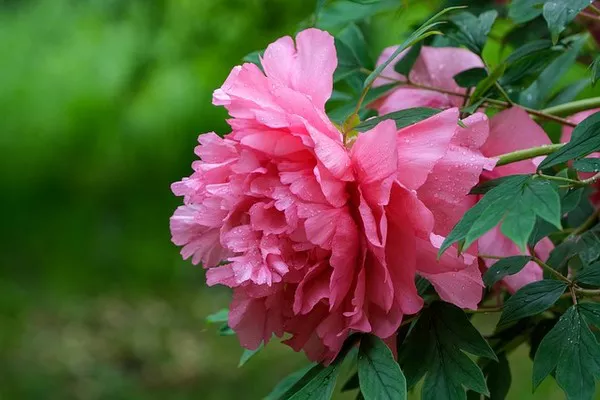Gardening enthusiasts and beginners alike often find themselves eagerly awaiting the moment when their flower seeds burst forth from the soil, signaling the beginning of new growth and the fulfillment of their gardening efforts. However, the timing of seed germination can vary widely depending on several factors, including the type of flower, environmental conditions, and seed quality. In this comprehensive guide, we will explore the process of seed germination, factors influencing germination time, and practical tips for promoting successful sprouting of flower seeds.
Understanding Seed Germination
Before delving into the specifics of how long it takes for flower seeds to sprout, it’s essential to understand the process of seed germination. Seed germination is the process by which a seed develops into a new plant. It begins with the absorption of water by the seed, followed by the activation of metabolic processes that lead to the emergence of the embryonic plant from the seed coat.
The germination process is influenced by several key factors
1. Water:
Adequate moisture is crucial for seed germination, as it initiates the metabolic processes necessary for growth.
2. Temperature:
Different plant species have specific temperature requirements for optimal germination. Generally, warmer temperatures accelerate germination, while cooler temperatures may delay it.
3. Oxygen:
Like all living organisms, germinating seeds require oxygen to carry out metabolic processes.
4. Light:
While some seeds require light to germinate, others germinate in darkness. Light requirements vary depending on the plant species.
5. Seed Quality:
The viability and health of the seed itself significantly impact germination success.
Factors Influencing Germination Time
The time it takes for flower seeds to sprout can vary widely depending on several factors:
1. Seed Type:
Different types of flowers have varying germination periods. Some seeds germinate quickly, while others may take weeks or even months to sprout.
2. Environmental Conditions:
Temperature, moisture levels, and light exposure all play a significant role in seed germination. Optimal environmental conditions can promote quicker germination, while suboptimal conditions may delay it.
3. Seed Dormancy:
Some seeds exhibit dormancy, a natural mechanism that prevents germination until specific conditions are met. Dormancy can prolong the germination process, requiring patience from gardeners.
4. Seed Viability:
The viability of the seed, or its ability to germinate under favorable conditions, also influences germination time. Fresh, high-quality seeds are more likely to germinate quickly compared to older or lower-quality seeds.
Practical Tips for Promoting Seed Germination
While the germination time of flower seeds is influenced by various factors, gardeners can take steps to promote successful sprouting:
1. Seed Selection:
Choose high-quality seeds from reputable suppliers to maximize germination success.
2. Preparation of Planting Site:
Prepare the planting site by loosening the soil and removing any debris that may inhibit seedling growth.
3. Optimal Planting Time:
Plant seeds at the appropriate time according to their specific germination requirements and local climate conditions.
4. Provide Adequate Moisture:
Ensure that the soil remains consistently moist but not waterlogged, as excessive moisture can lead to seed rot.
5. Maintain Optimal Temperature:
Monitor temperature levels to provide the ideal conditions for seed germination. Consider using seedling heat mats or cold frames to regulate temperature if necessary.
6. Light Requirements:
Follow specific light requirements for each type of flower seed. Some seeds require light for germination and should not be buried too deeply in the soil.
7. Patience and Observation:
Be patient and regularly monitor the planting site for signs of germination. Avoid disturbing the soil unnecessarily, as this can disrupt emerging seedlings.
Conclusion
The time it takes for flower seeds to sprout can vary depending on factors such as seed type, environmental conditions, and seed quality. By understanding the germination process and implementing practical tips for promoting successful sprouting, gardeners can increase their chances of a bountiful and vibrant garden. Remember that patience, proper preparation, and attention to detail are key elements in nurturing healthy seedlings and ultimately enjoying the beauty of blooming flowers in your garden.


